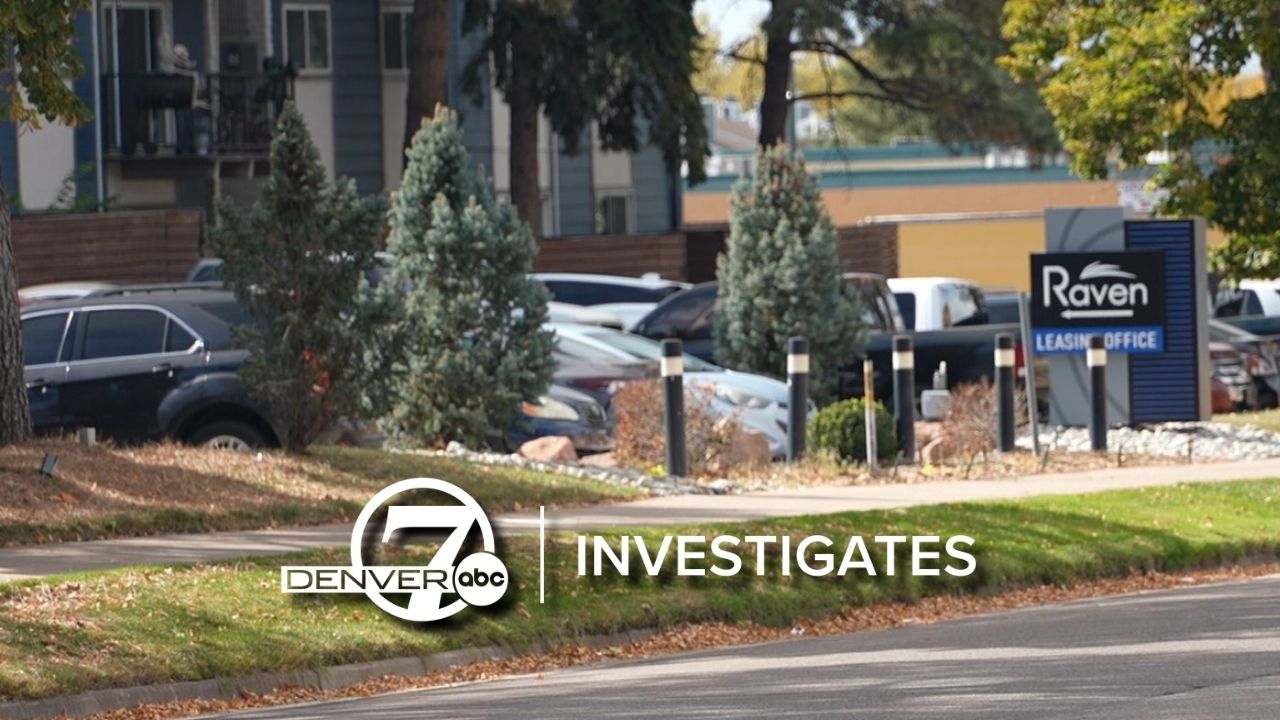DENVER — Denver city officials are proposing a steep increase in fines for landlords operating without a residential rental license, raising the maximum penalty from $999 to $5,000 per violation.
For years, Denver7 Investigates has reported on the Felix Apartments and the tenants living with safety and maintenance problems. While the complex has since rebranded to the Raven, the City of Denver said it’s still unlicensed and incurring fines, serving as an example of why leaders are ready to get tougher on landlords who operate without the required residential rental license.
The Department of Excise and Licenses will present a proposal to the Denver City Council on Tuesday to raise the maximum fine for unlicensed properties from $999 to $5,000 per violation. Supporters believe the change could give the city a stronger tool to address noncompliance.
'Cost of doing business'
“It’s only a $999 fine if I don’t get the license — that’s just the cost of doing business,” said department spokesman Eric Escudero, describing how some property owners may view the penalty. “That’s a lot less expensive than making the necessary repairs so the place they’re renting out is safe for habitation.”
Almost three years into the licensing program, which requires a third‑party health and safety inspection, more than 27,700 landlords are licensed in Denver, covering about 203,000 rental units, according to Escudero.

Only 24 landlords have ever received the current maximum fine of $999. Some, like the owners of the Raven, have been cited multiple times without obtaining a license.
Raven Apartments example
Formerly the Felix, the southeast Denver complex has been fined three times for $999.
“They applied for a license but never passed an inspection,” Escudero said of the Raven. “If city council approves this new law, we hope it pushes them to finally make the changes, so the word ‘slumlord’ is not something that has to be used in Denver.”
The Denver Metro Tenants Union said higher fines are “one tool of many," but not a silver bullet. Executive director Eida Altman points to other models, like the City of Los Angeles’ Rent Escrow Account Program, which requires that rent from a non‑compliant property be set aside and used only for repairs.
"I don't know that the fine alone is going to bring them into compliance," said Altman. "But it sets an example for landlords who are considering going down that path. And I think it helps the city recover resources, money that it's been spending on enforcement."
Next steps
If a Denver City Council committee advances the proposal on Tuesday, the full council could vote in the coming weeks.
According to a draft timeline, notices and implementation planning would begin late this year, with the $5,000 fines potentially in effect by mid‑2026. Tenants and advocates say stronger enforcement could help improve safety for renters.
To check if your property is licensed, visit Denver's online business license database, select "Residential Rental License," and enter the property address.






